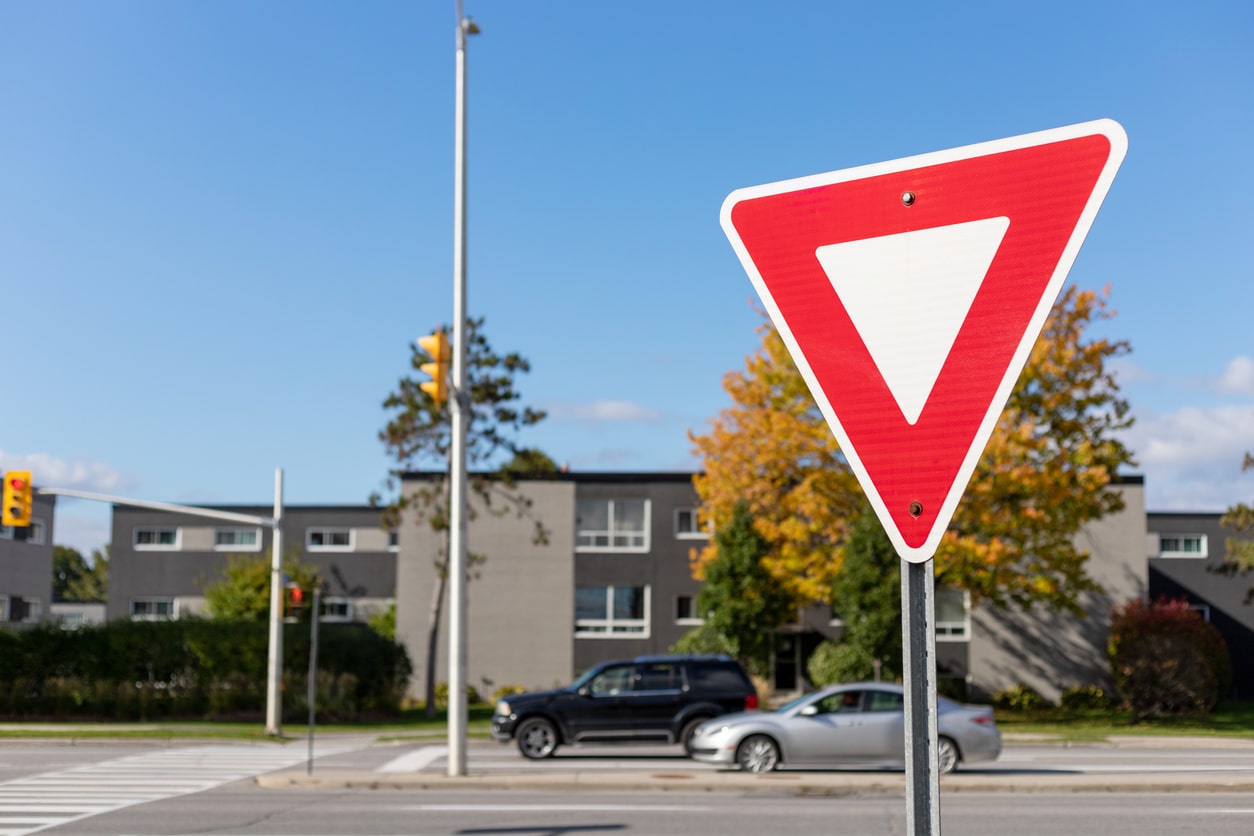
Loss of Consortium
Loss of consortium is a legal claim brought by a spouse or close family member for the loss of companionship, affection, support, or services due to another person’s injury or wrongful death. This type of claim addresses the emotional and relational impact that a serious injury or death has on family members, particularly the spouse. Loss of consortium recognizes that injuries not only affect the victim but also deeply impact their loved ones, diminishing their quality of life and relationship. At 770GoodLaw, we help clients pursue loss of consortium claims to secure compensation for the profound effects of an injury or wrongful death on family bonds.
Elements of a Loss of Consortium Claim
Loss of consortium claims require the plaintiff to prove that their relationship with the injured party has been negatively affected in specific ways. Key elements typically include:
- Demonstrating the Injury’s Impact on the Relationship: The claimant must show that the injury or death significantly altered the marital or familial relationship.
- Proof of the Relationship: Most loss of consortium claims are filed by a spouse; however, some states may allow claims from children or other close family members, provided they can demonstrate a strong connection and dependency.
- Evidence of Losses: The claimant must demonstrate specific losses, such as loss of companionship, affection, emotional support, or household services, caused by the injury or death.
- Direct Link to the Defendant’s Actions: The injury or wrongful death must be directly caused by the defendant’s negligence, misconduct, or wrongful actions.
Types of Losses in a Loss of Consortium Claim
Loss of consortium claims address various types of losses that impact the quality of relationships, particularly in cases where the injury is severe or life-changing. Common types of losses include:
-
Loss of Companionship: Loss of the presence, friendship, and emotional support that the injured person would typically provide.
-
Loss of Affection: Diminished affection, love, and emotional intimacy due to the injured person’s physical or emotional limitations.
-
Loss of Physical Intimacy: In the case of a spouse, loss of the physical relationship or sexual intimacy that was part of the marriage before the injury.
-
Loss of Household Services: The loss of services the injured party provided, such as household chores, childcare, and maintenance, which may now require outside assistance or additional support from the spouse.
Proving Loss of Consortium
Proving loss of consortium can be challenging, as the damages are inherently subjective and may vary widely based on the unique dynamics of the relationship. Key methods for demonstrating loss of consortium include:
- Testimonies from Family Members and Friends: Statements from those close to the couple or family can help illustrate the change in the relationship after the injury.
- Documentation of Household Contributions: Records of household tasks, caregiving duties, and other contributions can provide tangible proof of the loss of services.
- Counseling Records or Medical Documentation: Documentation from therapists or doctors may help demonstrate the emotional or psychological toll the injury has taken on the family member.
- Personal Testimonies: Statements from the spouse or family member about the impact on their life, marriage, or family dynamic can provide a firsthand account of the loss.
Limitations and Challenges in Loss of Consortium Claims
Loss of consortium claims often face limitations or challenges due to the subjective nature of the losses. Common issues include:
-
Limitations on Eligibility: In many states, only spouses can file for loss of consortium, while claims from children or other relatives may be restricted or disallowed.
-
Damage Caps: Some states place caps on non-economic damages, including loss of consortium, which can limit the amount of compensation available.
-
Proving Intangible Losses: Loss of consortium involves intangible damages that can be difficult to quantify, as they relate to personal, emotional, and relational impacts rather than financial losses.
-
Comparative Negligence: If the injured party is found partially at fault, the compensation for loss of consortium may be reduced according to their percentage of fault.
How 770GoodLaw Assists Clients with Loss of Consortium Claims
At 770GoodLaw, we understand the profound emotional impact that serious injuries or wrongful deaths can have on family relationships. We work closely with clients to document and present a compelling case for loss of consortium, ensuring that their emotional and relational losses are recognized. Our approach includes:
- Providing Compassionate Guidance: We listen to our clients’ experiences and concerns, helping them express the impact of the loss on their personal lives.
- Gathering Strong Supporting Evidence: Our team collects relevant documentation, witness statements, and expert testimony to substantiate the claim.
- Presenting a Compelling Narrative: We craft a comprehensive narrative that captures the full extent of the emotional and relational impact, advocating for fair compensation for our clients.
- Navigating Legal Complexities: We address challenges related to eligibility, caps on damages, and proving intangible losses, ensuring our clients’ claims are as strong as possible.
Importance of Legal Representation in Loss of Consortium Claims
Loss of consortium claims are often complex and require a nuanced approach to effectively demonstrate intangible losses. Skilled legal representation ensures that the full impact of the injury or death on family relationships is acknowledged and that clients receive fair compensation for their emotional suffering. At 770GoodLaw, we provide dedicated support for clients pursuing loss of consortium, guiding them through the legal process with empathy and expertise.
Why Choose 770GoodLaw for Loss of Consortium Claims
Our commitment to Relentless Reliability and Sincetegrity drives us to provide compassionate, client-centered support in loss of consortium claims. At 770GoodLaw, we work tirelessly to protect our clients’ rights and secure the compensation they deserve for the emotional and relational losses caused by an injury or wrongful death.


